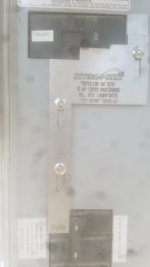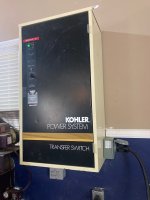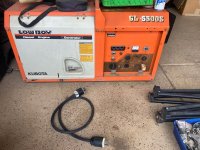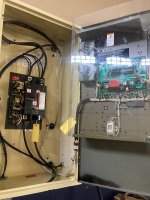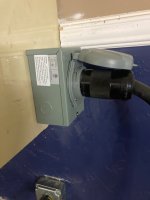Jersey_Jeff73
Well-known member
- May 6, 2021
- 555
- 404
mine is and all the people around here are running natural gas gens a 22kw propane does about 17nw on natural gas. they make kits to run the natural gas. im waiting to hear about someone powering there house off their electric carNobody has tied there generator into a natural gas supply at their house?
Last edited by a moderator:

